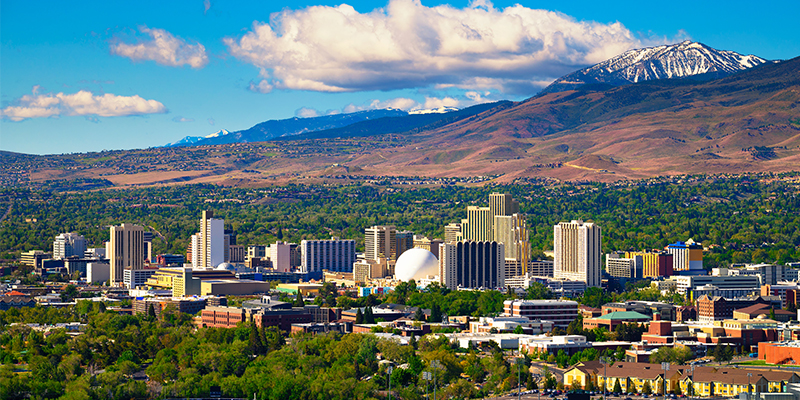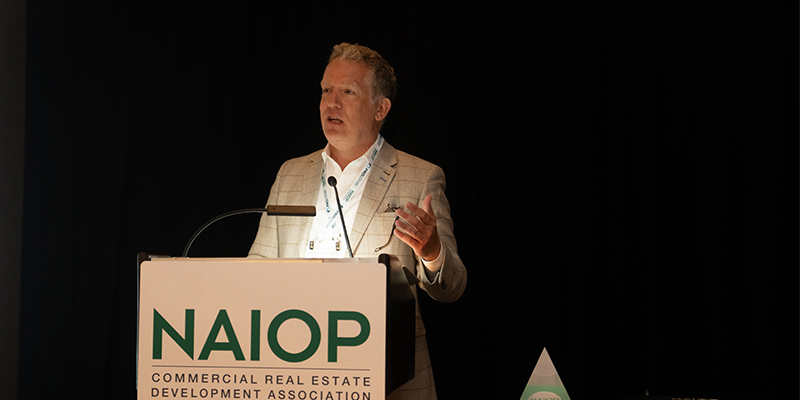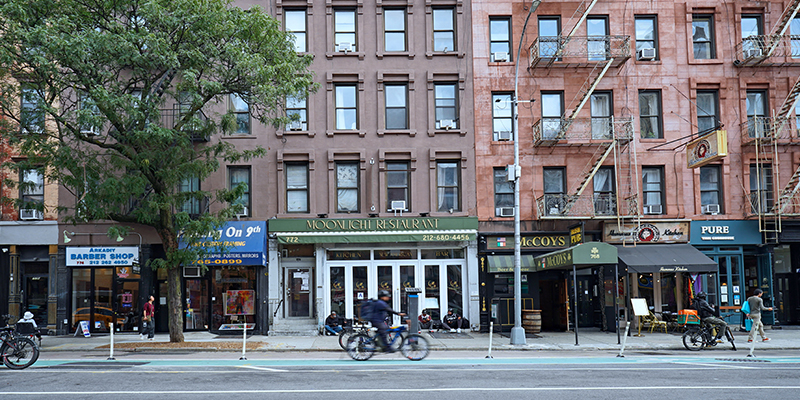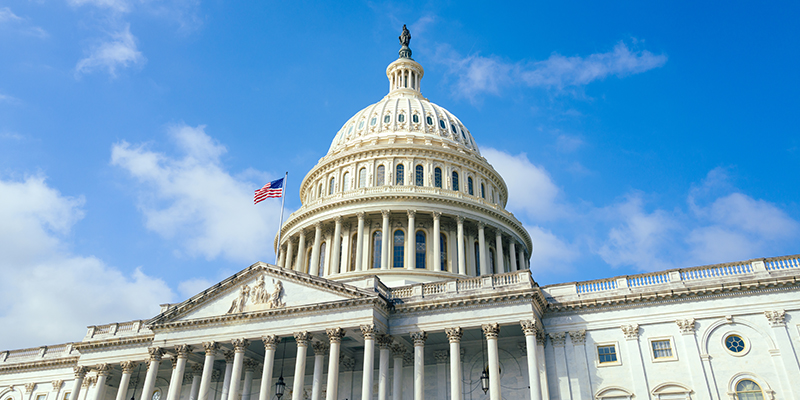Tray Abney, partner at the Abney Tauchen Group, led a discussion during NAIOP’s CRE.Converge in Las Vegas on the legislative and political landscape impacting commercial real estate development in Nevada. The session focused on the availability of land for commercial and residential development, viable water supply, increased electricity demand and the fall elections.
The federal government currently owns and administers over 80% of the land in Nevada. This ownership issue has placed a barrier on needed development to meet commercial and residential demand. Abney framed the issue by drawing the similarity between cities surrounded by bodies of water. The resolution for releasing some federal lands, however, will require an act of Congress, which presents its own challenges.
The state of Utah’s federal lawsuit with the U.S. Supreme Court seeking the release of federal lands was raised as well. The constitutional challenge asks the court to clarify whether Bureau of Land Management and the other federal government agencies can control public lands indefinitely.
Abney also discussed the need for ensuring a sustainable supply of water to meet current and future needs of Nevadan towns, cities and counties. Lake Mead, Lake Tahoe and the Truckee River are essential, yet fluctuating, sources of water in the state, which have required state and local actions to improve the conservation and efficiency of water use within the state. Such actions have included the elimination of inessential grass on public and private properties in Las Vegas.
The generation and transmission of electricity to meet increasing demand because of population and economic growth is an increasing issue for the state. Nevada currently consumes six times more energy than it generates. The reliance on electricity from other states as demand increases has impacted the cost of living and doing business in the state.
Abney also noted the changing economic perspective of Nevada to a place not only based on entertainment, but a place to do business for many sectors. The diversification of the state economy has partially been driven by its proximity to California, and the migration of businesses from the state because of its relatively more relaxed regulatory environment.
The importance of the fall election in preventing the state legislature from overriding Republican Governor Joe Lombardo’s veto of harmful legislation for businesses and communities is a political priority as well for Abney. The democratic-controlled legislature can only override the governor’s veto with a two-thirds supermajority vote of both the state’s Assembly and Senate. However, Democrats are currently one seat away from a supermajority in the Senate.
Many of the issues discussed during the session are not unique to Nevada. They are shared by many chapters in other states across the country.
This post is brought to you by JLL, the social media and conference blog sponsor of NAIOP’s CRE.Converge 2024. Learn more about JLL at www.us.jll.com or www.jll.ca.









